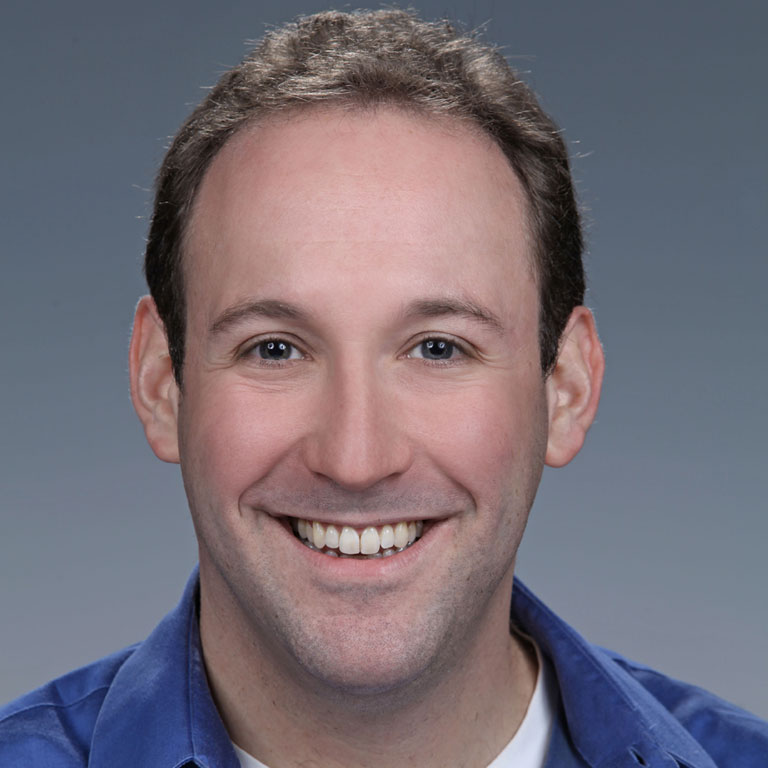Dr. Ben Kravitz's new class Climate Engineering explores issues related to the worst effects of climate change and what can be done to deliberately modify the climate to reduce its negative impacts. An interview with Dr. Kravitz, an assistant professor in the Department of Earth and Atmospheric Science, is below.
Why did you choose to teach a class on the topic climate engineering? What is climate engineering?
Kravitz: That is my main area of research. I came across the idea of climate engineering when I was just starting out grad school. The idea of climate engineering is climate change is happening, and we’re not doing enough quickly enough to stop its worst effects. Are there ways we could deliberately modify the climate to keep climate change down, while we get our act together and find more permanent solutions? And are they good ideas?
Given all of the concerns about climate change going around the entire world, I thought it would be interesting to teach a course on it.
How does climate engineering relate to democracy?
Kravitz: It relates in a couple of ways. Number one, we often talk in climate engineering studies about winners and losers. There would be different regional effects. How do we inform people about these different effects? Are there different strategies for climate engineering that might cause different regional effects? Might those be more equitable depending on the lens that you look through? All of that is part of an informed public.
If policy makers decide we’re going to do this one day, I want them to have as much information as possible. An informed democracy is something really important to me personally.
Why is it important for students to take this course? What knowledge or skills do you hope they gain?
Kravitz: This topic is not going away. Climate change is not going away. I really believe people are going to start talking about climate engineering more seriously. There aren’t very many experts out there.
If people want to understand this topic and what it means, this might be a good opportunity to do so. What I hope them to gain out of it is a basic understanding of climate change and what the latest research shows. There are a whole bunch of different aspects of climate engineering: I wanted to focus on the physical science basis for it.
What type of students would you encourage to take this course?
Kravitz: Anyone who is interested. I would love a wide range of participation. I think the class would be that much richer when we go to have discussion, if we involve people not just from the natural sciences.
I welcome people from the social sciences, humanities, and people interested in governance. People who can bring in their own perspective and make the conversation that much richer.



 The College of Arts
The College of Arts